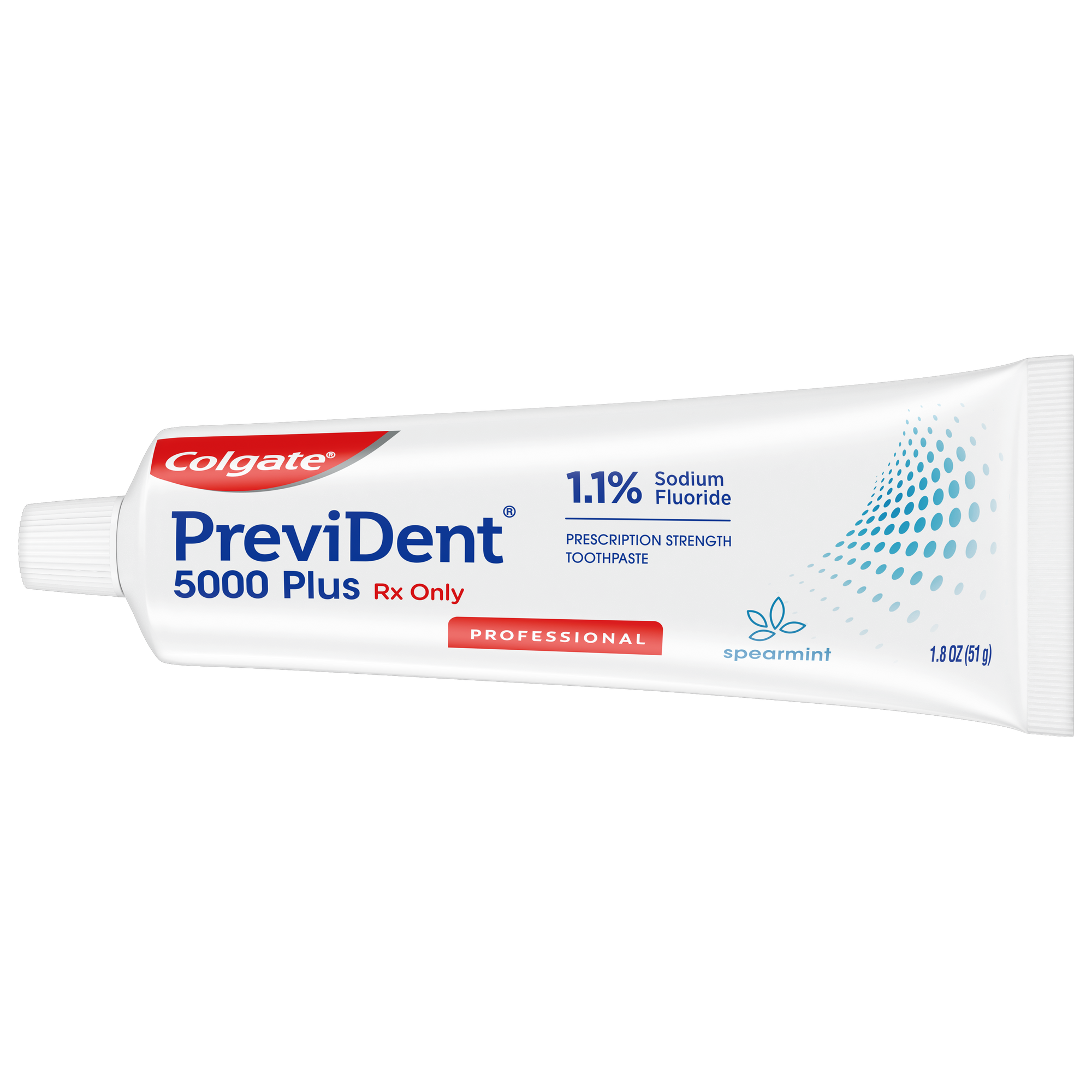Symptoms of Oral Thrush
Not sure if what you’re seeing in your mouth is oral thrush? Here are some symptoms you can watch out for:
- Painful white spots on the tongue or inner cheeks
- Occasionally, the area will not produce white spots, but will become red and sore
- Light bleeding on the spots when eating or brushing your teeth
- Fungus on the roof of your mouth, gums, tonsils or back of your throat
- Cottony feeling in your mouth
- Loss of taste
Causes of Oral Thrush
Oral thrush is caused by a fungus called Candida. Which, if you’re keeping track, is what inspired the infection’s official name, “candidiasis”. This fungus spreads more easily to people with reduced or suppressed immunity, like young or elderly people or people with immune system disorders. Denture wearers, people taking certain medications, and people with dry mouth syndrome or diabetes are also more susceptible to oral thrush.
Oral Thrush Remedies
The best bet for treating oral thrush is talking to your doctor about prescribing an anti-fungal medication. But, if you’re looking for home remedies, there are a few things you can try to get your infection under control.
- Unsweetened yogurt can help regulate the healthy bacteria levels in your mouth that fight the infection.
- Try taking acidophilus capsules or liquid. Similar to unsweetened yogurt, acidophilus can help restore your mouth’s normal bacteria. You can find it in natural food stores and many drugstores.
- Use a soft toothbrush to avoid scraping the sores.
- Avoid mouthwash until the infection has cleared. Not only can mouthwash sting, it can also dry out your mouth which could cause the infection to get worse.
Preventing Oral Thrush
Finding the root cause of your oral thrush might take some time. But once you do, there are plenty of ways you can prevent it from coming back. Work with your dentist to find the right treatment for you and get back to flashing your confident smile.
- Practice Good Oral Hygiene. Brush your teeth at least twice a day, floss daily and see your dentist regularly for your twice-yearly cleanings, especially if you have diabetes or wear dentures.
- Check your dentures. First and foremost, make sure your dentures fit properly and don't cause irritation, and always remove them at night to give your gums some time to rest. Ask your dentist for the best way to clean your type of dentures and remember to clean them daily.
- Limit sugar and yeast-containing foods. Sugar and yeast-containing foods may support the growth of Candida. To keep oral thrush at bay, try reducing your intake of sugar and yeast-containing foods like bread, beer and wine.
This article is intended to promote understanding of and knowledge about general oral health topics. It is not intended to be a substitute for professional advice, diagnosis or treatment. Always seek the advice of your dentist or other qualified healthcare provider with any questions you may have regarding a medical condition or treatment.
ORAL HEALTH QUIZ
What's behind your smile?
Take our Oral Health assessment to get the most from your oral care routine
ORAL HEALTH QUIZ
What's behind your smile?
Take our Oral Health assessment to get the most from your oral care routine















